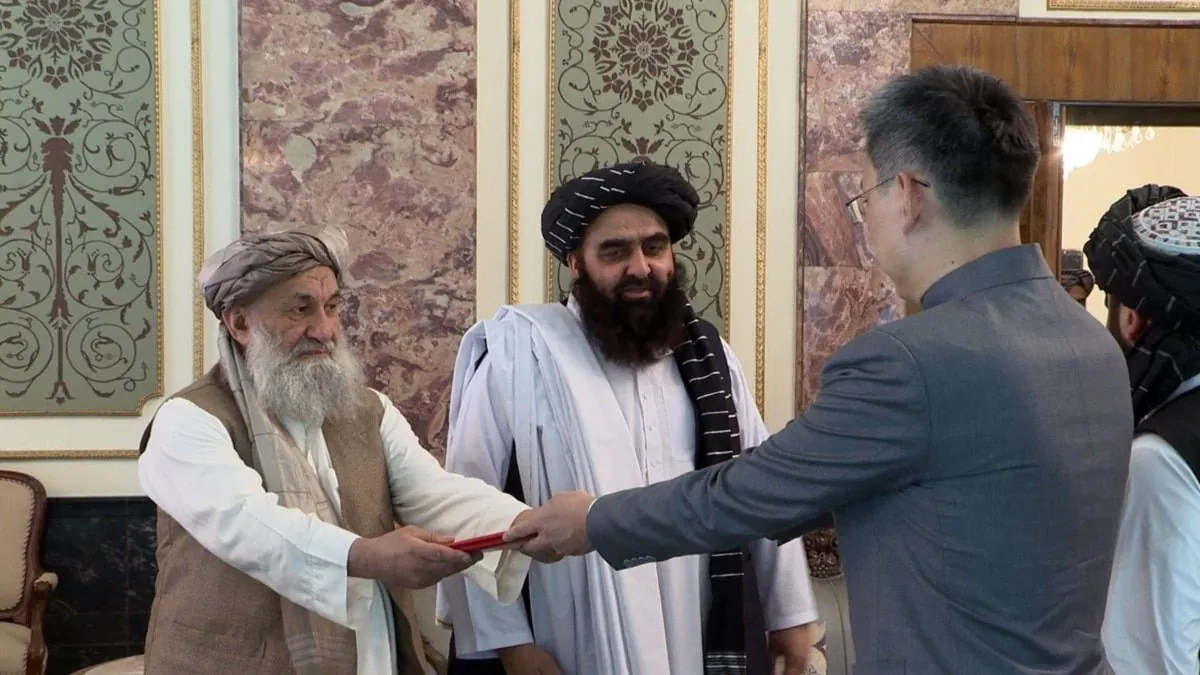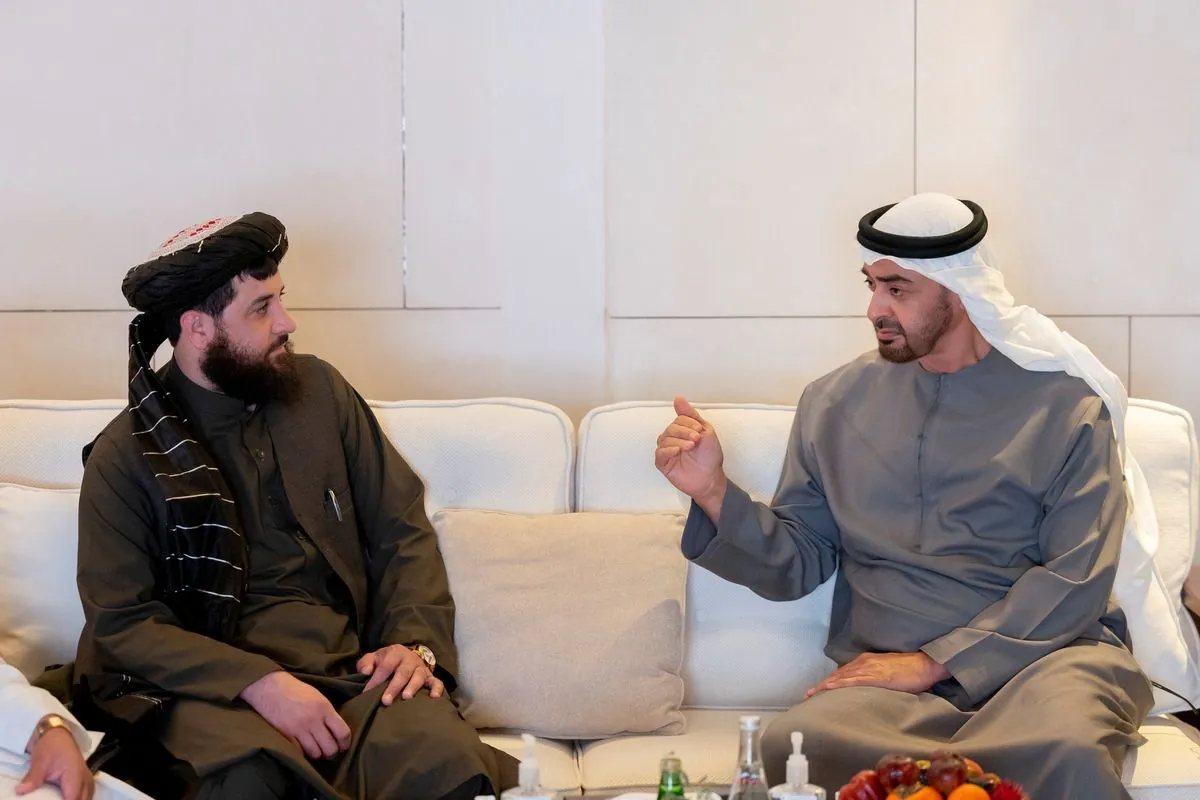UAE Accepts Taliban Envoy, Highlighting Global Divide on Afghanistan
The UAE's acceptance of Taliban ambassador credentials marks a significant diplomatic step. This move underscores the international community's varied approaches to engaging with Afghanistan's current rulers.

In a significant diplomatic development, the United Arab Emirates (UAE) has accepted the credentials of the Taliban's ambassador. This move represents the most substantial diplomatic achievement for Afghanistan's current rulers since their envoy was sent to China.
Badruddin Haqqani, previously serving as the Taliban's representative to the UAE, has been confirmed as the new ambassador. The Afghan Ministry of Foreign Affairs in Kabul announced this news via social media platform X. It's important to note that Badruddin Haqqani is not related to Sirajuddin Haqqani, the Acting Interior Minister who met with UAE leadership two months ago.
This diplomatic recognition highlights the complex international landscape surrounding Afghanistan's governance. The Taliban, who returned to power in August 2021, have been seeking bilateral ties with major regional powers despite limited recognition from the international community.

The UAE's decision is particularly noteworthy given its historical context. It was one of only three countries to recognize the Taliban's government during their previous rule from 1996 to 2001. Currently, the UAE stands as the third-largest economy in the Middle East, following Turkey and Saudi Arabia, making its diplomatic moves significant in the region.
"Recognition is nearly impossible while restrictions on women and girls are in place."
The United Nations has expressed that official recognition of the Taliban government is "nearly impossible" due to the ongoing restrictions on women and girls in Afghanistan. This stance reflects the international community's concerns about human rights and gender equality under Taliban rule.
Despite these challenges, regional engagement with Afghanistan continues. Just last week, Uzbek Prime Minister Abdulla Aripov visited Afghanistan, marking the highest-level visit by a foreign official since the Taliban's return to power three years ago. This visit underscores the complex geopolitical dynamics in Central Asia, with Uzbekistan being the most populous country in the region and maintaining significant economic ties with Afghanistan.
The situation in Afghanistan remains complex, with the country sharing borders with six nations and having been in a state of conflict for over four decades. The international community's approach to engaging with the Taliban varies, reflecting the challenges of balancing diplomatic relations with concerns over human rights and security issues.
As Afghanistan continues to navigate its place in the international community, the UAE's acceptance of the Taliban ambassador serves as a reminder of the ongoing diplomatic efforts and challenges in the region. The international community remains divided on how to address the situation, with some countries pursuing engagement while others maintain a more cautious approach.


































